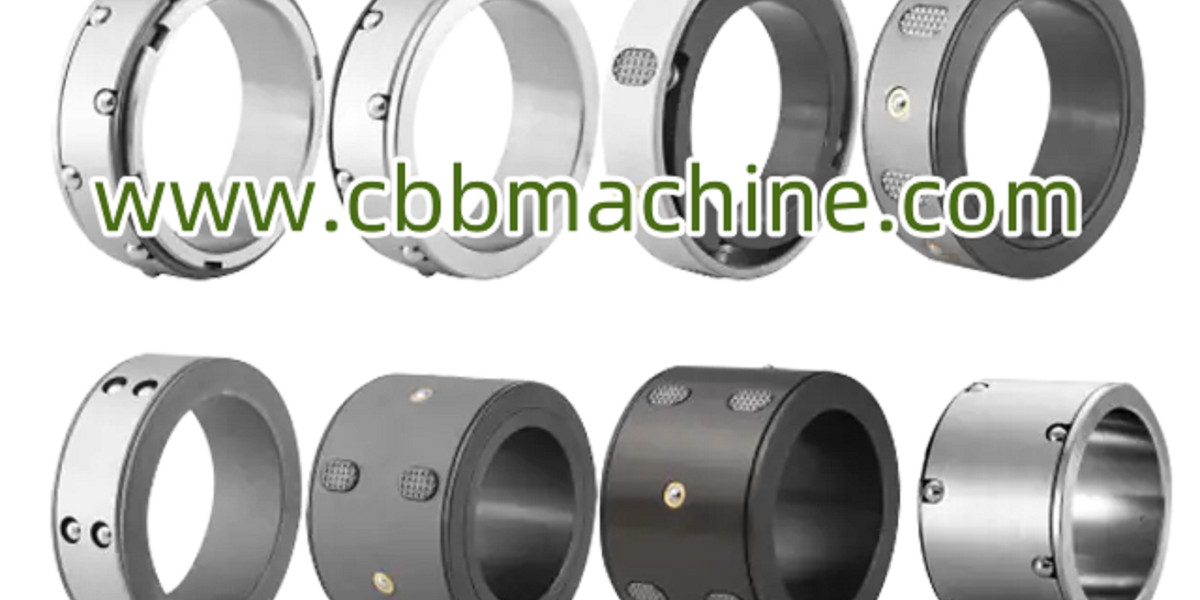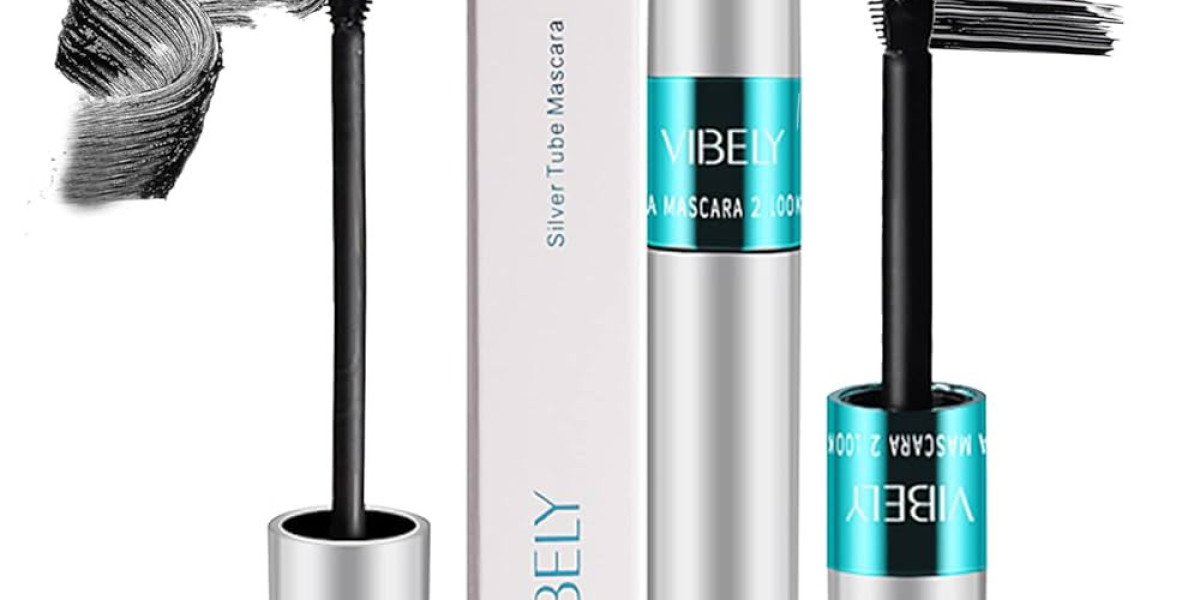A Differential Shaft supplier plays a vital role in supporting modern industrial operations where web tension control and accurate winding are critical. In industries like printing, laminating, coating, and slitting, differential shafts are indispensable tools used to handle multiple rolls of material with consistent torque and tension. Their precision design helps maintain uniformity and quality during high-speed production.
A differential shaft is engineered to allow individual cores to slip while the shaft itself continues rotating. This is especially useful when multiple rolls are being wound simultaneously, but variations in diameter or tension occur. The differential mechanism inside the shaft—often relying on friction rings or pneumatic components—ensures that each roll receives the appropriate torque, minimizing the risk of tension imbalance, deformation, or misalignment.
Manufacturers in flexible packaging, film processing, paper converting, and other similar sectors use differential shafts to achieve high-quality output. These shafts can be adapted to a wide range of core sizes and materials, including paper, plastic film, foil, and textiles. The ability to control torque precisely across each roll is crucial for reducing waste, improving efficiency, and maintaining uniform product quality.
The construction of a differential shaft typically includes a durable core shaft body, air control chambers (in pneumatic designs), friction elements, and a locking mechanism. The choice of materials—such as hardened steel, aluminum alloy, or stainless steel—affects the shaft's weight, wear resistance, and lifespan. Each component is designed to withstand high operational speeds and frequent core changes without compromising performance.
Ease of maintenance is another significant advantage. Many differential shafts are designed for quick disassembly, allowing operators to clean or replace internal components without extended downtime. In demanding production environments, this ease of use translates into higher productivity and better resource management.
Selecting the right differential shaft involves considering several operational parameters: material type, core size, line speed, and the required torque range. Customization is often necessary to ensure the shaft fits seamlessly into existing machinery and meets specific production requirements. This is where experience and technical support from the shaft supplier become essential.
A reliable differential shaft not only improves mechanical performance but also reduces the risk of roll defects. In applications where materials are sensitive—such as stretch films, thin foils, or specialty coatings—even minor tension variations can cause defects. With a differential shaft in place, each roll winds at its own optimal rate, avoiding over-tension and ensuring consistency throughout the batch.
In recent years, the technology behind differential shafts has advanced. Some modern shafts feature automated torque adjustment or feedback sensors for real-time performance monitoring. These innovations support higher levels of automation and make it easier to achieve precise control over complex processes.
Additionally, working with a knowledgeable supplier ensures access to technical consultation, proper installation guidance, and after-sales support. Many suppliers offer tailored shaft designs to match unique machine configurations or process needs. This level of customization helps businesses achieve smoother operations and long-term savings by reducing downtime and material waste.
The use of differential shafts is expanding as manufacturers seek greater efficiency and higher-quality output in their production lines. Whether in a high-volume packaging facility or a precision-driven electronics coating plant, the benefits of consistent winding tension, material protection, and quick adaptability are clear.
In summary, the differential shaft is more than just a mechanical component—it is a performance-enhancing solution that adds value across a wide range of industrial applications. Partnering with a capable Differential Shaft supplier can make a meaningful difference in both operational success and long-term cost control. With thoughtful design, proper maintenance, and the right configuration, differential shafts continue to support the ever-evolving demands of modern manufacturing.
Explore how manufacturers tailor differential shafts to specific production requirements for better efficiency and control. www.cbbmachine.com






